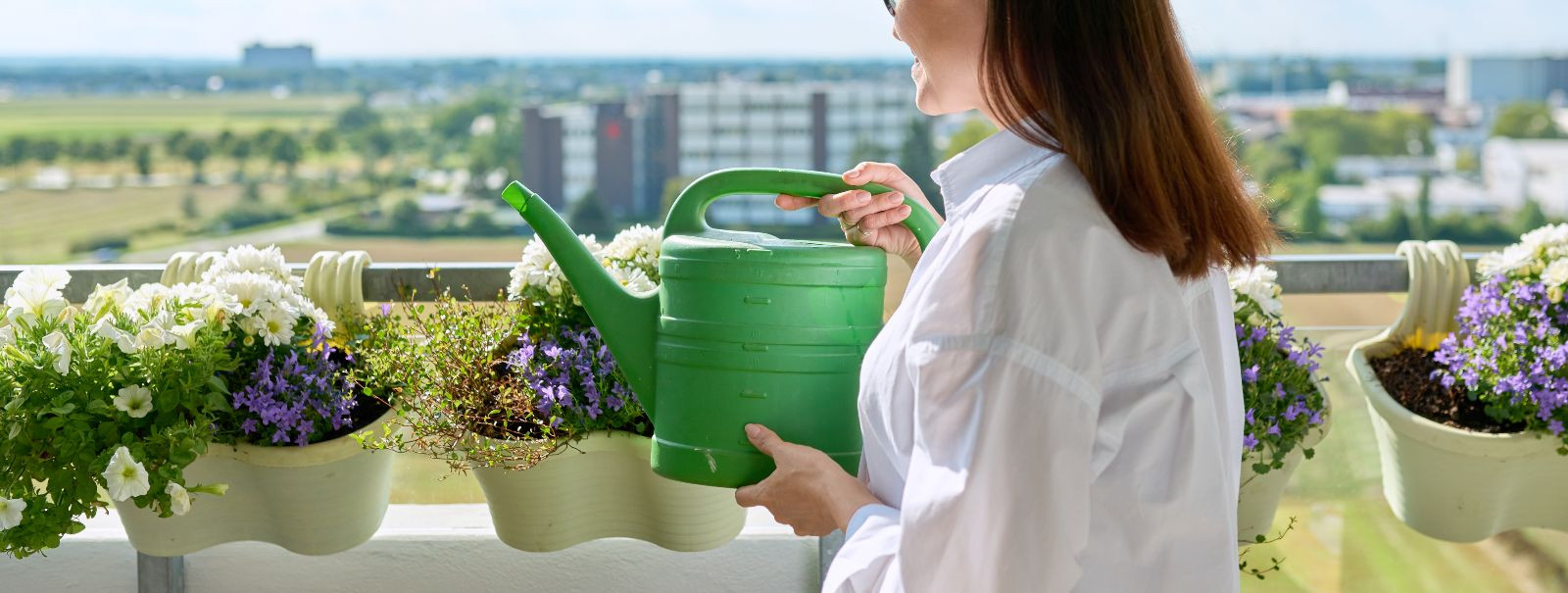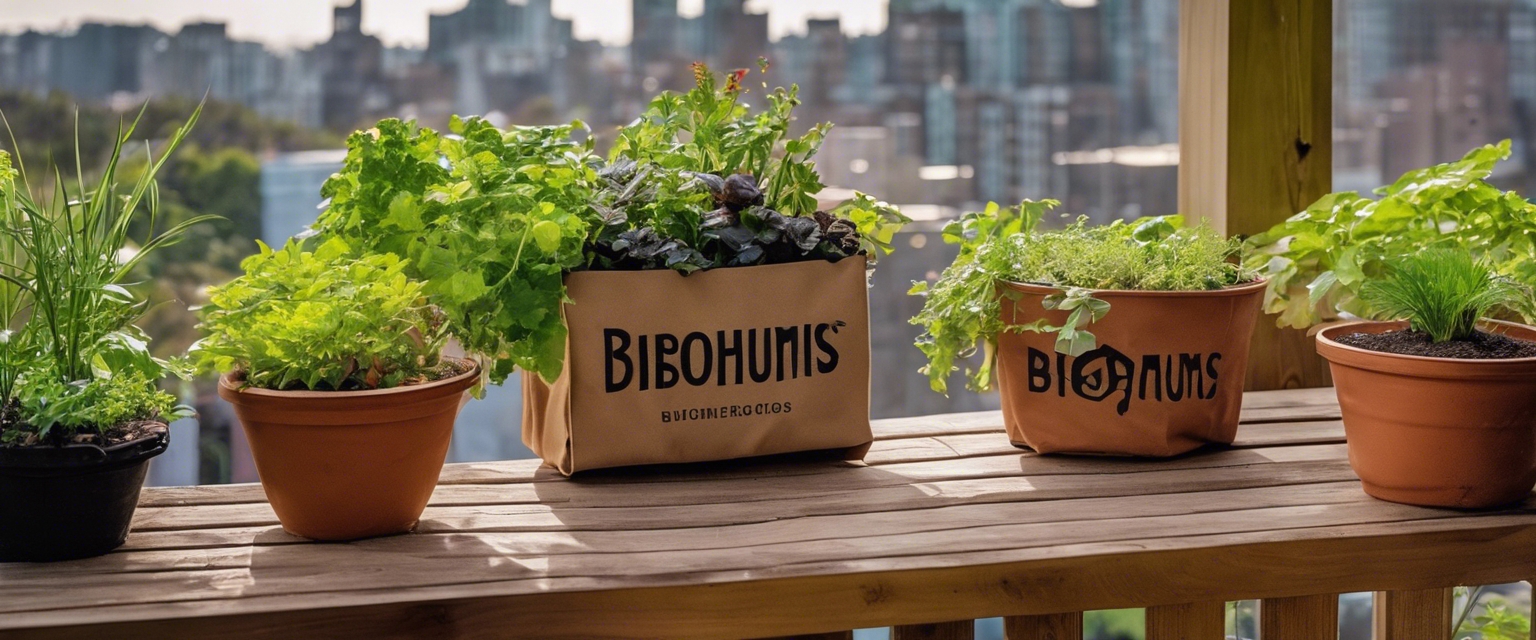The ultimate guide to starting an organic balcony garden
Organic balcony gardening is a rewarding endeavor that allows you to grow your own food and flowers in a limited space while contributing to environmental sustainability. It offers numerous benefits, including improved air quality, a reduction in your carbon footprint, and the joy of consuming fresh, chemical-free produce.
Organic gardening is about growing plants without synthetic fertilizers or pesticides. It focuses on creating a natural ecosystem that supports plant growth. This includes using organic soil, compost, and natural methods of pest and disease control.
Planning Your Organic Balcony Garden
Before starting, evaluate your balcony's exposure to sunlight, wind, and rain. This will help you determine which plants will thrive in your space.
Select containers made from sustainable materials and ensure they have proper drainage. Consider the size and depth needed for the roots of the plants you wish to grow.
Choose high-quality organic soil and create or buy organic compost to provide your plants with the nutrients they need.
Choosing Plants for Your Balcony Garden
Herbs like basil, mint, and cilantro, and vegetables such as tomatoes, peppers, and lettuce are great for balcony gardens. They are not only easy to grow but also useful for cooking.
Incorporate flowers like marigolds and lavender to attract pollinators, which are essential for plant reproduction and help maintain biodiversity.
Companion planting is the practice of placing plants together that benefit each other. This can help deter pests and improve plant health.
Organic Gardening Techniques
Set up a watering schedule that keeps the soil consistently moist without overwatering. Consider a drip irrigation system for efficiency.
Use organic fertilizers like compost tea or worm castings to feed your plants naturally.
Implement natural pest control methods such as introducing beneficial insects, using neem oil, or making DIY organic repellents.
Maintaining Your Organic Balcony Garden
Regularly check your plants for signs of stress or disease and take action promptly to address any issues.
Adjust your gardening practices according to the seasons. This may include changing the position of plants, altering watering schedules, or adding protective coverings during colder months.
Harvest your produce when it's ripe for the best flavor and nutritional value. Enjoy the fruits of your labor by incorporating them into your meals or sharing with friends and family.








Comments (0)